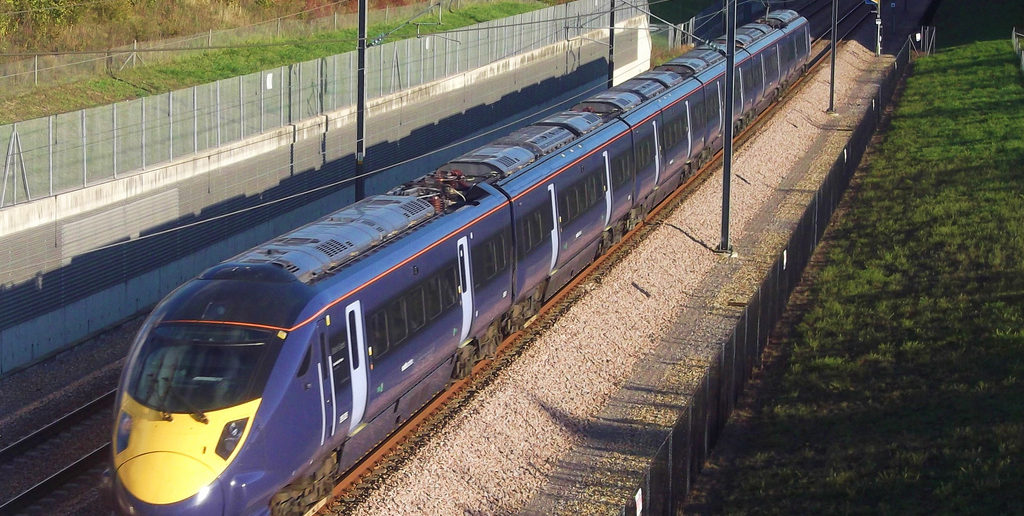Regulated rail fares across England will rise by an average of 3.5% next year.
Rail companies are able to raise the regulated fares by up to inflation plus 1%, and the 3.5% raise comes after the release of the Retail Price Index (RPI) figures from the Office of National Statistics (ONS), which shows inflation in July was 2.5%.
However, under the “flex” rule while the overall regulated rail fare increase is limited to inflation plus 1%, train companies are able to raise individual regulated fares by up to RPI plus 2% as long as they keep the average below that figure.
The government regulates about half of all fares including season tickets on most commuter journeys and Off-Peak tickets on most intercity journeys.
Regulated fares have increased by more than the rate of inflation in most years since 2004, although the government did cap raises in 2014 at the rate of inflation. In Scotland, the Scottish government has said that rail fare rises will remain capped at inflation for another year.
Labour has criticised the government for “ripping off” passengers, with rail fares “among the most expensive in Europe”, according to shadow transport minister Mary Creagh.
Creagh went on to criticise the government’s idealogical desire to re-privatise the East Coast Mainline, which “will have returned over a billion pounds back to taxpayers by March next year”, and said that Labour would “allow a public sector operator to challenge private train operators on a level playing field” for running train services.




